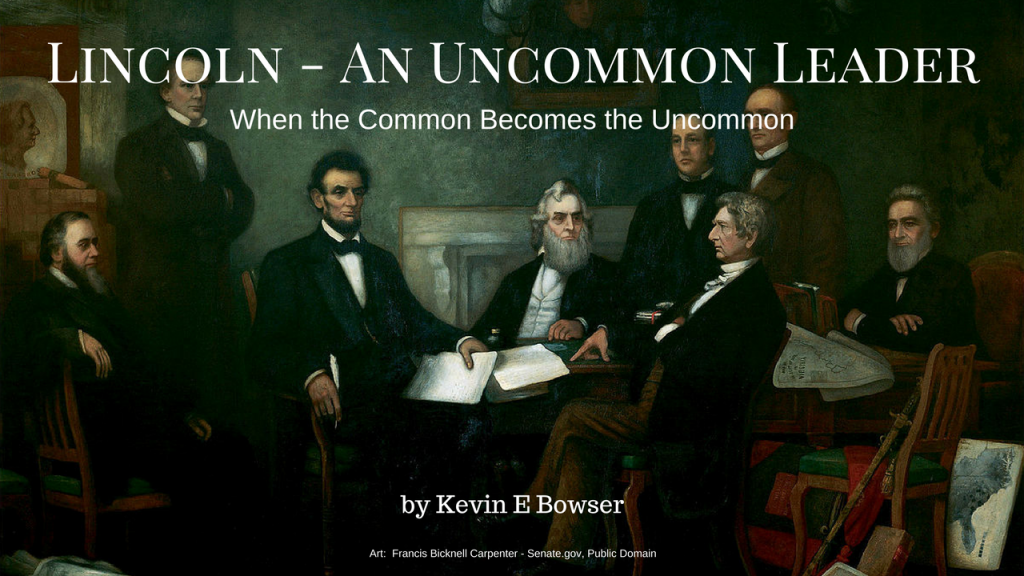
I don’t know very many folks who don’t know the cliché, “Ignorance is bliss.” But I am wondering today just how many know where the phrase comes. It comes from a poem written in 1742 by Thomas Gray. The phrase is in the closing lines to his poem entitled, “Ode on a Distant Prospect of Eton College.” And the full sentence is:
Where ignorance is bliss, ‘tis folly to be wise.
There are many thoughts as to Gray’s purpose for ending his poem with such words. In those final lines, he may be expressing thoughts on returning to his old school and there remembering the simplicity and innocence of his youth. It also appears that he is joining two worlds together in this line of the poem. He is joining a world that has not grown up yet with one that has. In a sense, it is a world that shaped him into a man and perhaps, as with many, has beaten out those innocent aspirations of early life.
The modern day interpretation of the lines in the poem and the implications of the cliché are significant if examined in the light of leadership principles. The implications can be summed up in these two statements:
- You are more comfortable if you don’t know something.
- Lack of knowledge results in happiness.
Statement number one is pretty bad. I am never comfortable in the state of lack of knowledge. In fact, it scares me and motivates me to seek after knowledge and understanding. Statement number 2 is downright ridiculous. Happiness is not a state of intellectual ascent. Rather, happiness is a conscious decision to maintain a positive and joyous outlook on life regardless of the circumstances.
So, what is the leadership principle here?
It is to be reminded of our responsibilities as leaders to work on every aspect offer leadership skillset. Specifically, the area of “thinking” or “reason.”
Too many leaders are quite comfortable in their ignorance. They are comfortable because they are not fully engaged or aware of what is going on within the organization that they lead.
Awareness and knowledge carry additional responsibilities. If I am aware of a need or am aware of deficiency within myself, then I am now accountable for that knowledge.
I do not blame these leaders who are “unaware” per se. And blame may be a little strong in this instance. Although it is the leader’s responsibility to assure that they are aware of what is going on in the organization. Further, it is the leader’s responsibility to actively seek feedback from those around them regarding their performance as a leader. And it is the leader’s responsibility to develop their leadership skills on an ongoing basis.
This is not a new problem!
Click here to read the rest of the article »
Caring is sharing. Will you please share this with your network?











